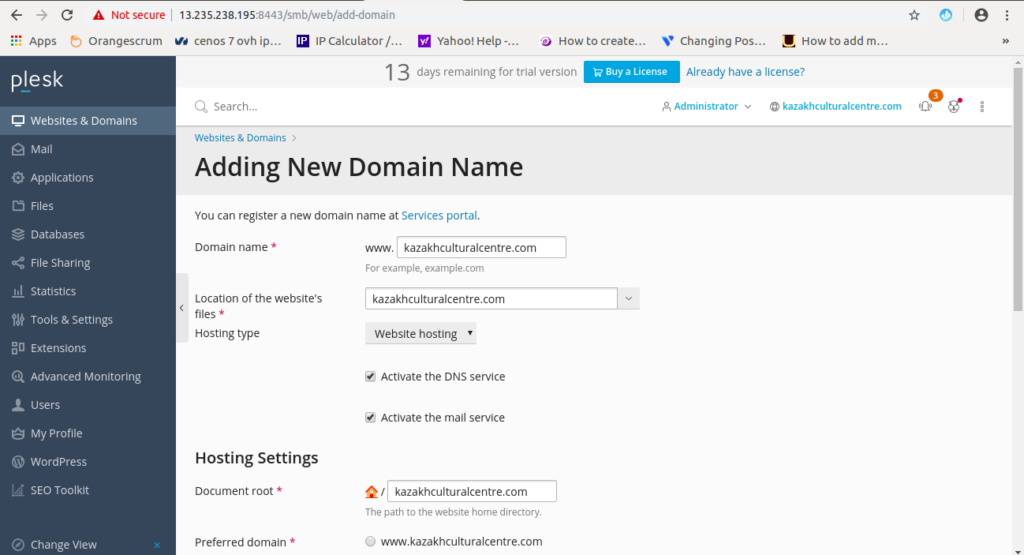Informal Learning In Compliance Online Training
3 Benefits And 3 Drawbacks Of Informal Learning In Your Compliance Online Training Course
Informal education usually refers to things you learn unconsciously. For example, infants learn to speak informally. They listen to the adults around them speak, and they pick up words, syntax, and intonation. When they go to school and learn to read and write, that’s more formal. In a work setting, mentorship programs are largely informal. Employees shadow a senior colleague and learn by watching them. It’s largely an offline experience though, so what are the benefits and downsides of digitizing this process? And can you encourage your employees to engage in impromptu training experiences without compromising the objectives? Let’s delve into some of the pros and cons of using informal learning in your compliance online training course.
The Ups And Downs Of Informal Online Learning
1. Pro: Less Pressure Means More Learning
One of the scariest bits of school is exams. Many adults resist the idea of mature learning because they don’t want the stress of studying for exams. Informal training eliminates that psychological weight. Apprenticeship programs and internships seem light and casual. They’re not structured like classroom sessions. Sometimes, employees are even paid for the duration. It feels more like a job than school, even when it’s unpaid. And because the intensity is lower, employees are more open to the experience. They’ll retain more of what they learn and will probably enjoy it more than an academic setup.
Con: It’s More Difficult To Evaluate
We all hate exams, but they do serve a purpose. They test how well we’ve understood the study material. They explore ways to apply it. This is especially important for compliance courses. But since informal education lacks formal examination, it can be hard to prove compliance. You can’t be sure whether your employees know their limits in terms of do’s and don’ts. And it can be expensive to find out your employees aren’t as compliant as you thought. You should probably incorporate some kind of evaluation modules into your compliance online training.
2. Pro: It’s Generally Cheaper Than Formal Learning
Because informal learning in your compliance online training isn’t necessarily structured, it doesn’t need formal teaching documents. You don’t have to buy pre-programmed software or materials, though you will need some kind of guidance. Informal techniques can be applied using pre-existing tools. For example, you can create a digital library where employees can refer to and research at their convenience. The compliance online training is an incidental part of their regular workday, so they don’t have to carve time out for it. That means you don’t lose billable hours in the process.
Con: It Takes Up More Time
At the other extreme, there’s no outer limit. The course doesn’t officially end. It could literally go on forever, and there’s no clear way to measure how much they’ve learned. You can factor an internship for a set number of months. Or encourage them to engage in social discourse to exchange valuable knowledge. But you can’t guarantee your employees have learned everything they need. Another tactic for informal learning is to set up mentorship teams. However, the mentor would have to take time away from their own tasks to focus on their mentee. It interferes with their own ability to get things done.
3. Pro: It’s More Up-To-Date
Structured content is written down or typed out, so in a sense, it’s static. Until you update it, it remains in its current state. You have to upgrade it to reflect any changes in your industry or regulations. Informal education is more current because it’s ongoing. It’s flexible, so you can easily add new elements. If, for instance, a mentorship pair trains via social media, it’s easy to adjust materials. You can select a titbit from the news and break down its relevance for your employee. You can use incidents from everyday life to demonstrate non-compliance.
Con: It’s Not Replicable
The nature of informal training, even when it happens in compliance online training, means it’s constantly shifting. An intern might shadow their mentor, but the mentor has different activities every day. A new apprentice, even if they have the same mentor, will have a different experience. Just as there’s no way to replicate the organic conversation that occurs spontaneously between group members during a collab. There’s no way to ensure all your employees undergo the same program. This means your training isn’t universal. So, you could end up with all your learners at different levels of compliance, which isn’t ideal.
Top Tip: Take A Blended Approach For Compliance Online Training Courses
Is there a way to combine informal learning in compliance online training with a more structured strategy? You need to be able to track employee proficiency and performance to ensure that they are meeting company standards. This also comes in handy in the event of an audit. Likewise, you still want to give them the opportunity to explore the subject matter on their own and collaborate with peers. To participate in impromptu experiences that broaden their knowledge and experience. As such, you might consider a hybrid strategy that includes both structured and informal learning activities. For example, a social media discussion or live event followed by simulations and self-evaluations to detect areas for improvement. Then do a full circle by using self-guided microlearning resources and informal peer-based coaching to bridge the gaps.
Conclusion
Informal training is hard to apply at a digital level, that’s part of the problem. It involves learning on the job, which isn’t the best way to learn what-not-to-do. Advantages include affordability, low pressure, and contextual application. The negative aspects are difficulty in evaluation, and it takes longer than structured courses. It is also hard to recreate the exact same training experience for every new learner. Thus, you may want to combine the best of both worlds by taking a hybrid approach to compliance online training.

Homebase
Make work easier. Running a small business has never been harder. Homebase helps with free tools to track time and manage your team.




